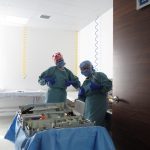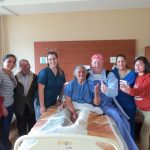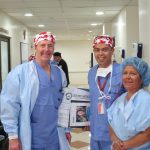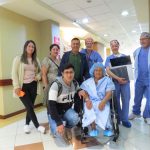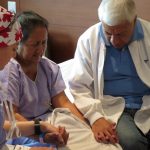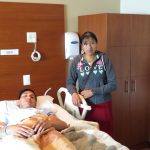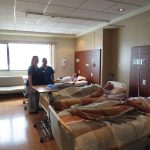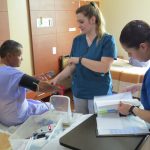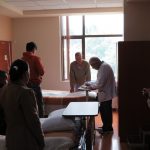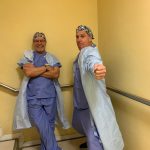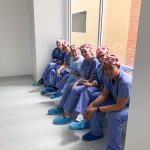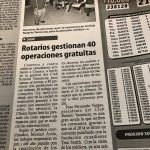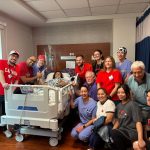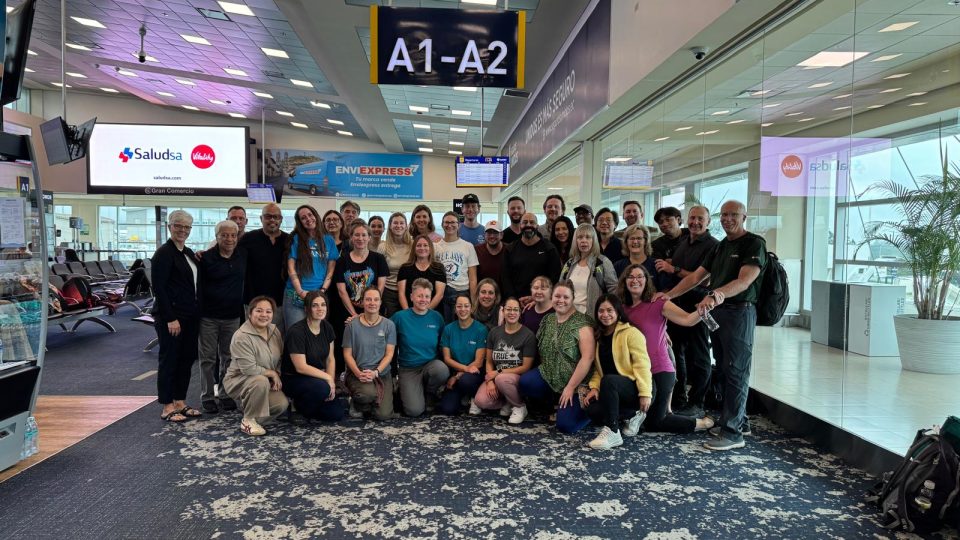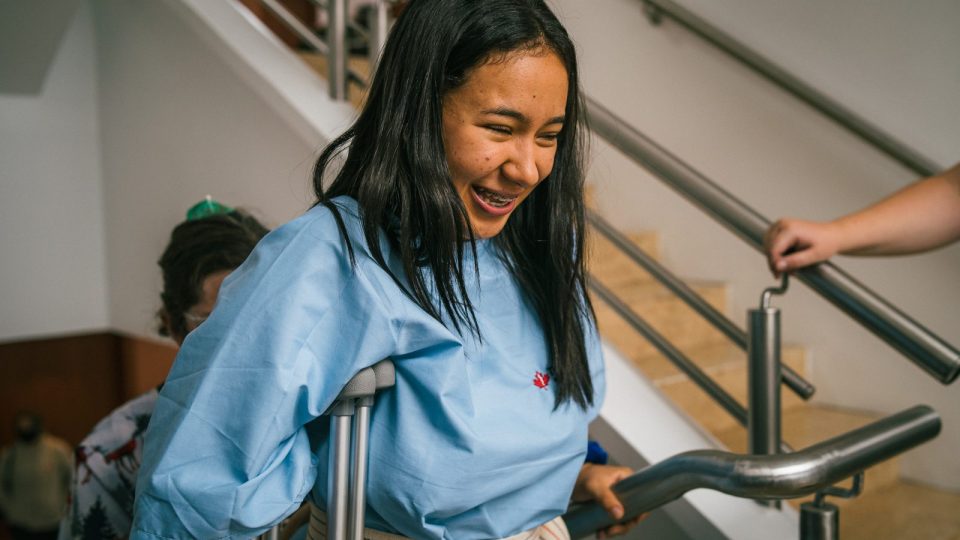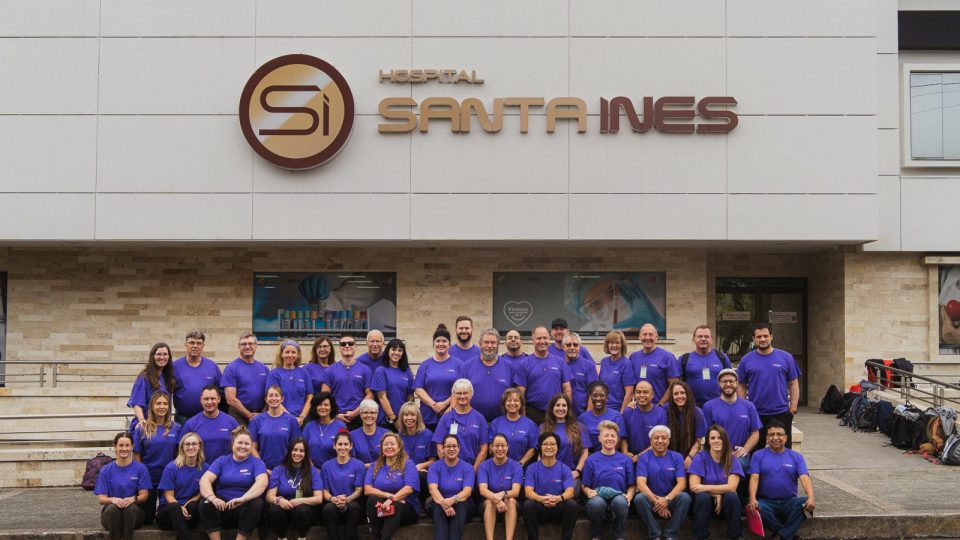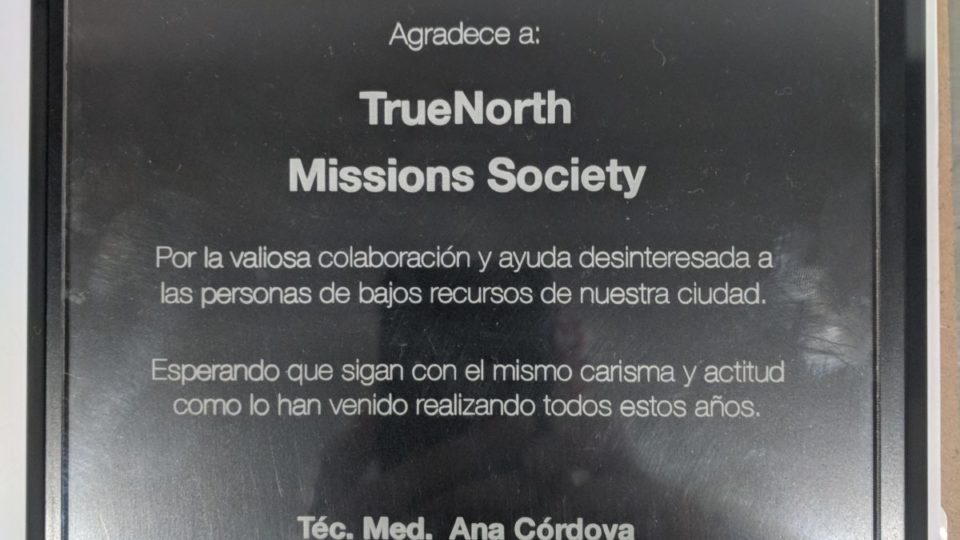When conducting surgeries in any hospital, there is an immense amount of coordination that goes into making sure everything and everyone are ready at the right times. The processing team arrived at the hospital early this morning to clean and prepare instruments, anticipating surgeries to start around noon, while the rest of the team arrived shortly afterwards to organize, get into scrubs and prepare the patients. We gained access to two operating rooms at 1 pm, and the first surgery began around 1:30 pm. A unique challenge faced by the team in Ecuador is access to blood. In Canada, a blood bank would be at the surgeon’s disposal within the hospital in occasions that a blood transfusion is needed in this type of surgery. For mission surgeries however, the surgeons do not have access to a blood bank, and the patients must rely on friends and family to donate their blood ahead of time so that it can be available for them in an emergency situation. Today, these blood donations were not delivered to the hospital until roughly the same time the ORs opened up. As is usually the case when working on these missions, the team adapted to changing circumstances and started the surgeries as soon as we could. By the end of the day, 4 total hip surgeries were completed and the patients moved into post-op care.
The nature of all of this coordination means that there are certain teams that must stay longer after the surgeries themselves are complete. The ward nurses stay late tonight to monitor, medicate and care for the surgery patients long after the surgery is complete and many other team members have completed their primary role for the day. The same processing team that arrived early to sterilize and prepare the surgical instruments are also among the last to leave tonight as they clean and organize for the next morning. It’s clear that the diverse skill set and adaptability on this team are huge drivers to its success.


